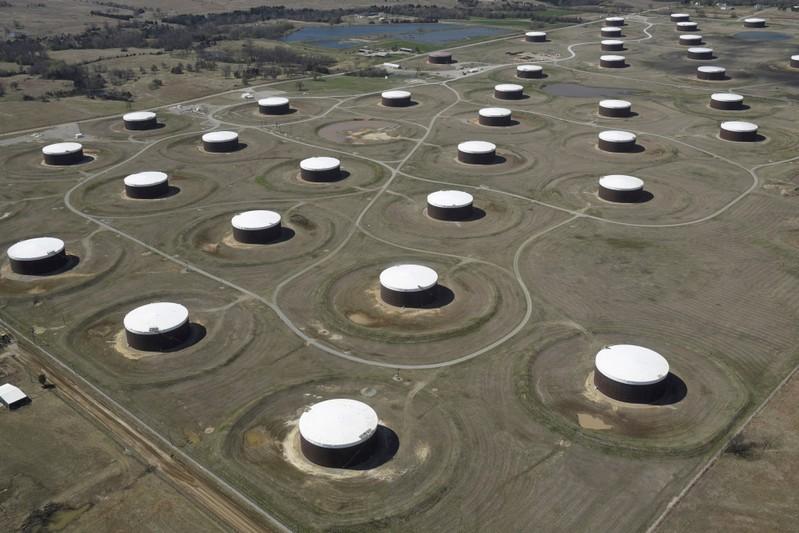With oil prices plummeting amid global lockdowns, the need to transition to knowledge-based industries is fast becoming an economic necessity rather than a welcome add-on for the region, argues Majid Rafizadeh in a commentary published in The Parliament Magazine. The President of the International American Council and a Board Member of the Harvard International Review says that despite the enormous riches ‘black gold’ provides, successive Gulf Cooperation Council (GCC) governments have long been aware of the necessity to push for economic diversification.
The Covid-19 pandemic has given them the first glimmer of that future, with prices dipping to unimaginably low levels as the global lockdown took hold. The development of domestic, knowledge-based industries has, arguably for the first time, become an urgent economic necessity rather than a welcome add-on. It has been a long-standing, unofficial social contract between Gulf governments and their people that oil revenues will maintain a high standard of living. And undoubtedly been a major factor in the stability these countries enjoy in comparison to some of their neighbors. Therefore, predicting a short-term future where oil doesn’t continue to prove economically dominant would be foolish, especially as the world opens up after the pandemic.
However, the pandemic has fundamentally shaken up the pieces of the Middle East’s economic picture, while providing some indication of what Gulf economic diversification might look like. For example, the GCC has established a medical research and production industry the likes of which the region has rarely seen before. The UAE has established the region’s first ever vaccine production facility and conducted the Middle East’s first ever medical trials for the Sinopharm jab. These and other ventures not only help the Gulf to weather the immediate pandemic storm but are providing the basis of a new social contract. There is also growing demand from its youthful, highly-educated populations for high-skilled, knowledge-based employment.
The key for GCC countries is that some of these new industries are becoming well-established, rather than simply existing. These newly emerging Gulf-based industries are now providing dozens of examples and templates for other oil-dominant economies of the region to work from. And for a Europe looking for new export markets and potentially weary of long-drawn-out trade negotiations with economic behemoths like America, an economically diverse Gulf provides an attractive alternative. A recent visit by the UAE Crown Prince to Austria, where the communique emphasized cooperation on innovation, artificial intelligence and green energy, highlights the subtle shift in emphasis in EU-Gulf partnership. In any case, for the countries of the Gulf, Covid-19 has pushed the race for economic diversity into a new phase.




